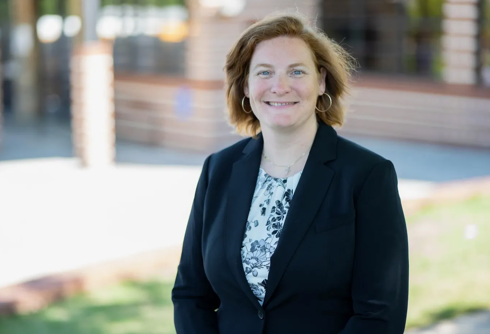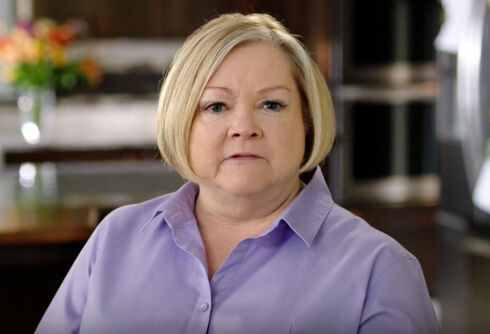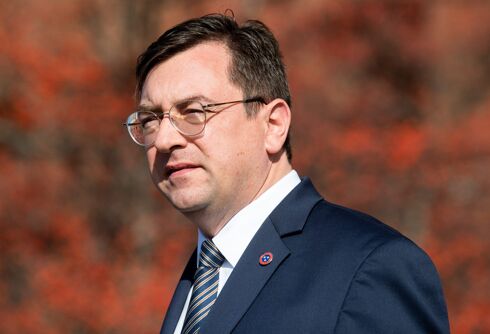NEW BRUNSWICK, N.J.. — Two years ago, following the death of Tyler Clementi, an 18-year-old freshman at Rutgers University who jumped to his death from the George Washington bridge after a sexual encounter he had with another man was streamed online by his roommate, Rutgers quickly found itself being associated with homophobia and cruelty.
Now, two years later, the atmosphere at this large and diverse New Jersey state university is more welcoming and inclusive for LGBT students, offering supportive staff, and specialized boarding and listings for LGBT resources in the student handbook.
 The New York Times Deputy Culture Editor for Online Journalism, Ariel Kaminer, took an extensive look at Rutgers’ vibrant LGBT community since the Clementi tragedy.
The New York Times Deputy Culture Editor for Online Journalism, Ariel Kaminer, took an extensive look at Rutgers’ vibrant LGBT community since the Clementi tragedy.
Published last week, Kaminer reported that LGBT students and their supporters can choose from four specialized housing options, three of them new, ranging from a service to pair them with like-minded roommates to Rainbow Perspectives, a floor in a residence hall organized around common interests.
Never Miss a Beat
Subscribe to our newsletter to stay ahead of the latest LGBTQ+ political news and insights.
They can now turn for support to the 130 staff and faculty members who have been trained as official campus liaisons, or to the graduates of a new training program for “allies,” whose inaugural session is already booked to capacity.
And last week, Campus Pride, an organization that rates schools based on the inclusiveness of their policies, upgraded Rutgers’s main campus in New Brunswick to the maximum rating, five stars. Out of the 32 possible categories in which a school can distinguish itself, Rutgers scored in 31.
Rutgers previously had a history of inclusiveness; when the Rutgers Homophile League was founded in 1969, for example, it was only the second such student group in the nation. But since Clementi’s death on September 22, 2010, the university has increased its efforts, propelled by a vocal campus community, an energetic administrator and an urgent need for damage control.
According to Kaminer, the center of all this activity is Jenny Kurtz, the head of the Rutgers Center for Social Justice Education and LGBTQ Communities.
Kurtz said that one of her principal priorities was to “create allies” — people whose identities do not correspond identifying as LGBT but who consider themselves friendly to the cause or causes and want to learn more about how to help. That effort, which as with the center’s other projects comes out of a discretionary budget of $70,000 this year (up from $40,500 the year before Clementi died).
But beyond LGBT students themselves, and the concentric circle of those who actively position themselves as allies, it is not clear how far the center’s message has gotten. However, Kurtz said she had yet to meet anyone who was less than supportive.













